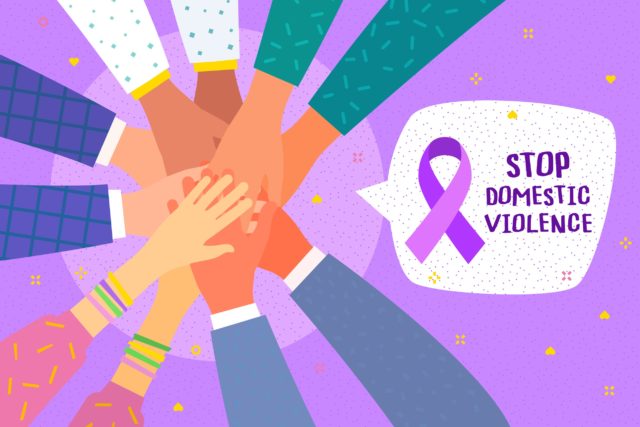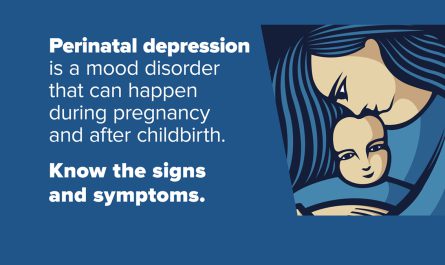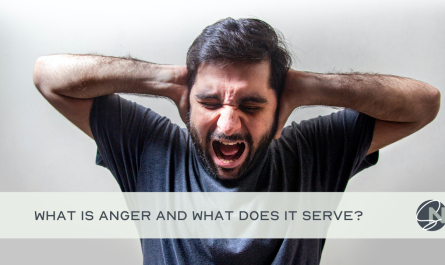Domestic Violence Awareness Month
October is not simply the month of changing leaves and pumpkin spice lattes; it is also a period when domestic abuse, a much more severe problem, is brought to light. The month of October, which is designated as Domestic Violence Awareness Month, offers a significant chance to increase public understanding, educate the public, and support survivors of this widespread and frequently unrecognized issue.
Intimate partner violence, commonly referred to as domestic violence, is a pattern of abusive actions employed by one spouse to dominate and control the other in a close relationship. Abuse can be physical, emotional, psychological, sexual, or financial, among other types. No one is immune to domestic abuse; it affects people from all racial backgrounds, financial statuses, and genders.
Domestic violence can have terrible consequences. Physical harm, emotional trauma, and psychological scars that last a lifetime are all possible for victims. Domestic abuse can cause immediate suffering as well as isolation, financial difficulties, and even fatalities. It has an impact on the survivor as well as their offspring and extended family. Numerous emotional and psychological difficulties may result from the trauma and stress brought on by suffering domestic violence. The following are some typical ways that domestic abuse affects mental health:
- Post-Traumatic Stress Disorder (PTSD): Many victims of domestic violence experience PTSD symptoms, such as nightmares, flashbacks, and extreme anxiety. Reliving traumatic situations over and over again might result from chronic fear and exposure to violence.
- Depression: As a result of the emotional and psychological abuse they face, survivors frequently suffer from depression. There may be widespread feelings of powerlessness, worthlessness, and hopelessness.
- Disorders of Anxiety: Anxiety is a typical reaction to the persistent danger and unpredictable nature of domestic abuse. Survivors may endure specific phobias, panic attacks, or generalized anxiety disorders as a result of their traumatic events.
- Low Self-Esteem: Constant criticism, denigration, and degradation by the abuser can cause a person to feel extremely low about themselves. Survivors could start to feel like they were treated unfairly.
- Substance abuse: Survivors who are experiencing emotional distress may abuse alcohol or drugs as a kind of self-medication. Abuse of drugs or alcohol can make mental health problems worse and start an addiction cycle.
- Isolation and loneliness: Abusers frequently cut off victims’ contact with friends and family, which results in extreme loneliness and a lack of social support, both of which can aggravate mental health problems.
Domestic violence awareness month’s main objective is to persuade survivors to come forward and get help. Due to fear, shame, or a lack of knowledge about accessible resources, many victims suffer in silence. Campaigns to raise awareness are intended to reassure survivors that they are not alone and that help is available.
In order to address domestic abuse, public awareness is essential. Activities including educational workshops, candlelight vigils, and awareness walks are used by communities, organizations, and people to spread awareness of domestic violence, how to support survivors, and the value of prevention.
One of the main goals of Domestic Violence Awareness Month is to support survivors. This entails offering secure areas, crisis hotlines, counseling, legal support, and tools for achieving economic empowerment. Communities collaborate to make sure that survivors get the support they require to leave abusive relationships and start over.
In order to address domestic abuse, public awareness is essential. Activities including educational workshops, candlelight vigils, and awareness walks are used by communities, organizations, and people to spread awareness of domestic violence, how to support survivors, and the value of prevention.
One of the main goals of Domestic Violence Awareness Month is to support survivors. This entails offering secure areas, crisis hotlines, counseling, legal support, and tools for achieving economic empowerment. Communities collaborate to make sure that survivors get the support they require to leave abusive relationships and start over.
Domestic abuse is a serious problem that has an impact on many people and families, and Domestic abuse Awareness Month serves as a reminder of this. We can collaborate to end the cycle of violence and build a safer, more compassionate society where everyone can thrive in healthy, respectful relationships by increasing awareness, offering support, and advocating prevention. It’s a call to action for long-term change rather than just a month of awareness.



